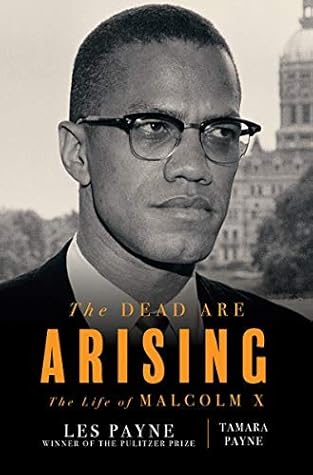Starting in the 1920s, as the white flight of largely European immigrants yielded to the influx of Americans from the South, central Harlem began to experience a sustained cultural renaissance that defined a new and optimistic “black aesthetic.” Writer and professor Alain Locke, the first African American Rhodes Scholar, became the architect of this largely literary “spiritual awakening” when he edited the 1925 anthology The New Negro and enticed the publishing industry to explore this “exotic” new market. Noted critic H. L. Mencken declared Locke’s book of essays “a phenomenon of immense
...more
Welcome back. Just a moment while we sign you in to your Goodreads account.


